Alcohol in pregnancy
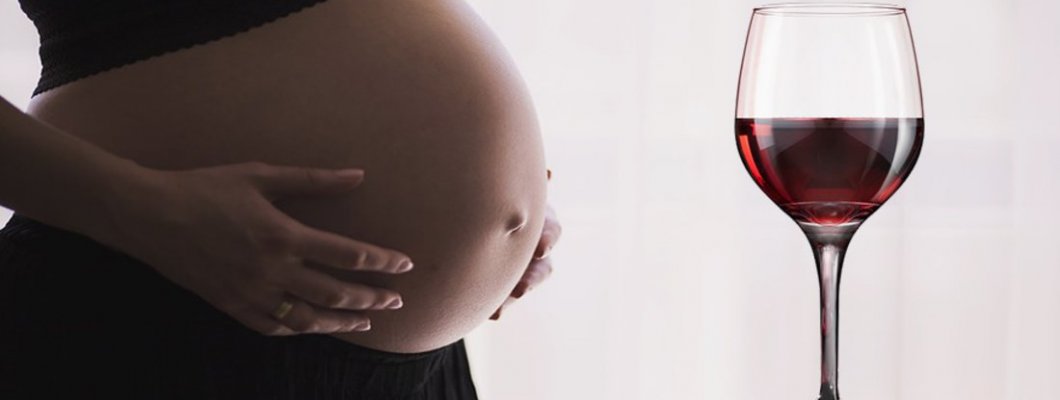
Alcohol has become a standard part of our lives. Most of the folks drink - especially during all kinds of different celebrations, parties or weddings. In the evening, some people have a glass of wine or a beer. Everything is okay if they practice moderation and do not get intoxicated. What about alcohol and pregnancy? Keep on reading.
Is it safe for pregnant women to drink alcohol?
Pregnancy and alcohol do not go hand in hand. The first trimester is the most crucial and dangerous stage of the pregnancy as all the organs are developing, brain and nervous system are forming, limbs are growing, even fingernails and teeth are building. Therefore, it is essential to stay away from everything that may put all these processes in jeopardy as soon as you find out about the pregnancy. Overconsumption of alcoholic beverages can damage a fetus and cause developmental failures. It can even be fatal.
Are you planning a pregnancy? Stop drinking alcohol in advance; during you "try out" period. Why? Alcohol lowers the chances of getting pregnant. It applies not only for women but for men, too. Alcohol consumption makes sperm slower, even reduces the man's "population" down there. This all corrupts and complicates procreation.
Alcohol is toxic; it does no good to anyone, and that tiny bun in the oven is no exception.
Alcohol in pregnancy
Drinking alcohol during pregnancy has remained a debatable topic for eons. On the one hand, it is highly logical that anything toxic, such as alcohol, should be avoided during pregnancy. On the other hand, they say that one or two glasses once in a while cause no harm. There is not a single woman, not wanting her baby to be healthy and well developed. So it is up to every mother's conscious to avoid everything that can sabotage her baby's development. If you are not able to stay away from alcohol for good, you should at least know the possible consequences. Let your conscious be your judge :)
Researches say that women consuming alcoholic beverages in pregnancy are more likely to have hyperactivity diagnosed in their children in comparison with sober women. Behavioral problems and problems with emotions are also more common in children whose mothers were drinking during pregnancy. Sadly, Fetal Alcohol Syndrome has become more frequent. Fetal alcohol spectrum disorders (FASDs) are a group of conditions that can occur in a person whose mother drank alcohol during pregnancy. It includes – mental disorders and physical deformations. Alcohol affects a baby's brain – it can slow down its development or even stop it altogether!
Is there any safe amount of alcohol a pregnant woman can drink without putting the life of her baby at risk, or should she avoid it for good? The research shows that if a pregnant woman drinks 175 ml of wine or 50 ml of spirit or 0,5 l of beer once a week, it is safe for her baby. Of course, the only safe bet is to avoid it entirely. But if you insist and keep it within the limits as mentioned earlier. Your conscious is your sole judge.
Beer
Some people say that beer is not alcohol, just a soft drink. It might be soft, it is, but it still has a certain alcohol level, and it IS still alcohol. Many pregnant women do not even think about having a glass of alcohol in pregnancy. On the other hand, there are women craving beer or another alcoholic beverage even though they are pregnant. Cravings can be pretty severe, and it is more difficult to resist than it might seem. Think about women eating sponges or licking walls, and they know it is illogical, they cannot resist, the urge is that strong. So do not blame them for having a glass of beer or wine now and then.
Of course, it is best to stay away from alcohol, try to do your best, we won't judge :).
Dark beer
Old wives' tale says that black beer is good for lactation. Is it? It is difficult to say, and no research has scientifically proved it. Beer, black or standard, is still just beer – alcoholic beverage – therefore it should be avoided in pregnancy. However, if you drink a glass of beer once a week (as we have already mentioned above), it should be safe.
Wine
There's no conclusive research that drinking alcohol while you're pregnant is an entirely safe bet. Some studies say that a glass of wine or beer every now and then is safe. Some claim the only reliable way is to stay away from any alcoholic beverages. When you read forums, mothers are claiming that they drank wine during pregnancy and delivered healthy babies. However, if you want to have a drink once in a while, practice moderation -just one glass of wine once a month. Not more! Keep in mind that you are growing a baby and the baby "eats and drinks" everything that mama does. Nothing is more important than a healthy baby. And no sacrifice in baby's benefit is too big, isn't it?
Red wine
They say that red wine is good for red blood cells. It warms you up, and it supports blood circulation. Only if consumed in moderation! One glass of wine is enough :) You can drink red wine in pregnancy, but you must practice moderation (as with everything during pregnancy). If you are not willing to say good-bye to alcoholic beverages during pregnancy, you can have a glass of red wine from time to time. But only FROM TIME TO TIME ( not more than once a month) and only ONE GLASS :)
Are you pregnant and attending a party, a wedding or a celebration? You do not need to envy your friends and family for having a drink in their hands; you can have one, too. Alcohol in pregnancy does not necessarily need to be omitted entirely but must be kept under strict control. If you are willing to say good-bye to alcohol for good, that is amazing! But if you are not, we won't judge. Keep it sparse and controlled, and you should be good. One glass a month will not harm you or your baby.






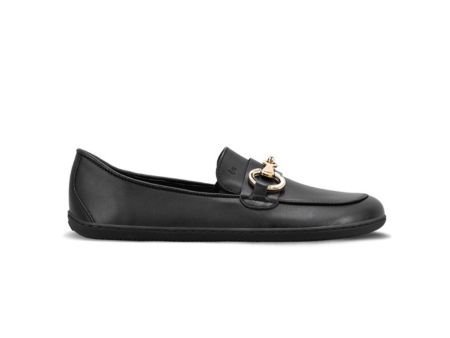
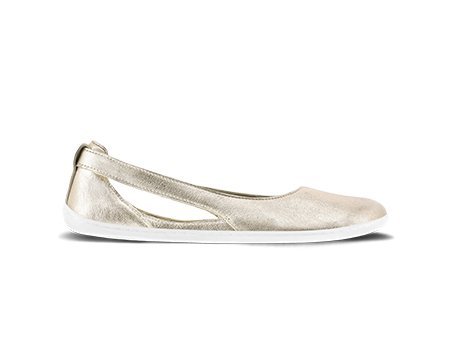

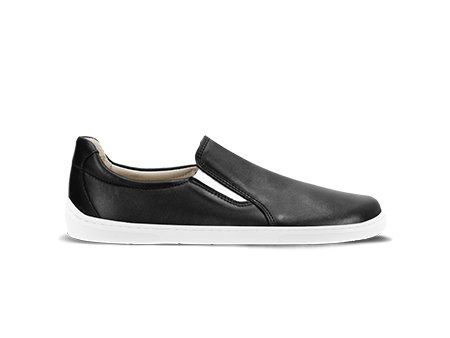



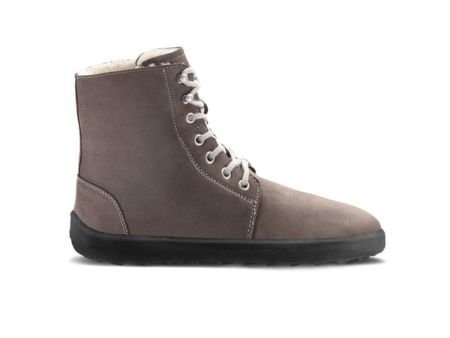







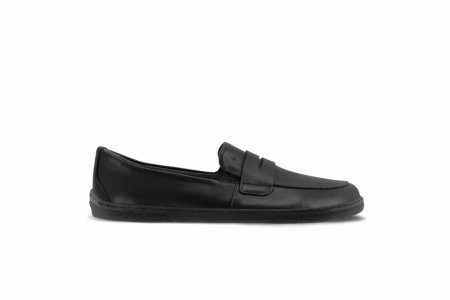




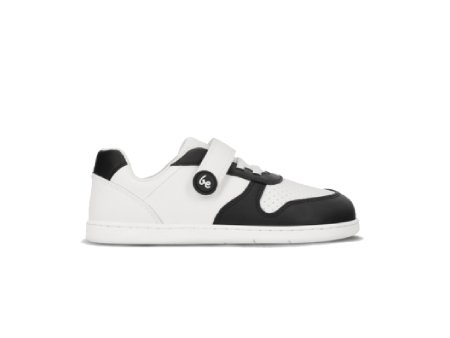







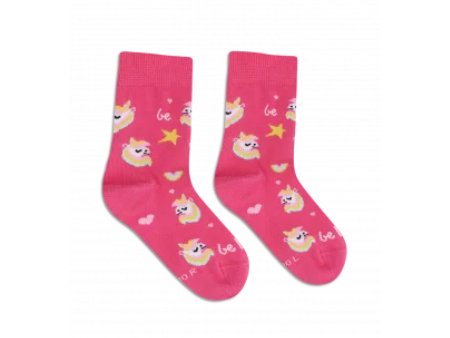

 Be Lenka
Be Lenka







